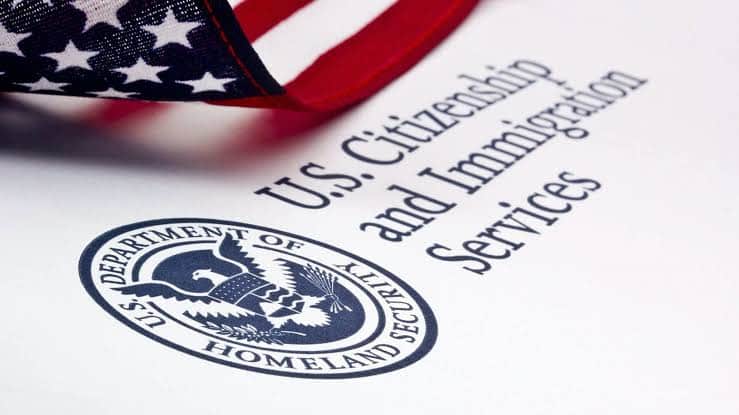The US Department of Homeland Security (DHS) is moving forward with a proposed rule that could end the decades-old “duration of status” policy, which currently allows certain visa holders to remain in the United States for as long as their academic or professional programs last.
The policy change, recently approved by the White House’s Office of Management and Budget, will replace the open-ended stay for holders of F (student), J (exchange visitor), and I (foreign media) visas with fixed visa periods.
Under the current system, these visa holders can stay for the full length of their approved program or assignment without a set departure date on their I-94 arrival record. This flexibility is particularly valuable when research projects extend or academic timelines shift.
If implemented, the new rule would introduce predetermined stays, potentially two or four years; requiring visa holders to apply for extensions if more time is needed. Critics warn that such a change could lead to administrative delays, higher costs, and disruptions for students, researchers, and journalists whose work depends on unpredictable schedules.
Proponents argue that fixed visa periods would enhance federal oversight and reduce the risk of visa overstays. However, immigration lawyers caution that the change could also increase legal risks. Unlike the current system, fixed end dates could cause visa holders to unknowingly accrue “unlawful presence,” potentially triggering multi-year reentry bans for missing deadlines, even unintentionally.
This proposal echoes a similar Trump-era rule from 2020, which faced multiple lawsuits before being withdrawn. Legal experts predict that the revived version will also face court challenges, particularly from advocates for academic institutions and media organizations.
Foreign correspondents may be hit especially hard, as assignments can change rapidly in response to geopolitical events. Likewise, graduate students involved in multi-year research could be forced to interrupt their work to reapply for legal status.
The proposed rule will soon be published in the Federal Register, opening a 30- to 60-day public comment period before DHS finalizes its decision and announces an implementation timeline.
































